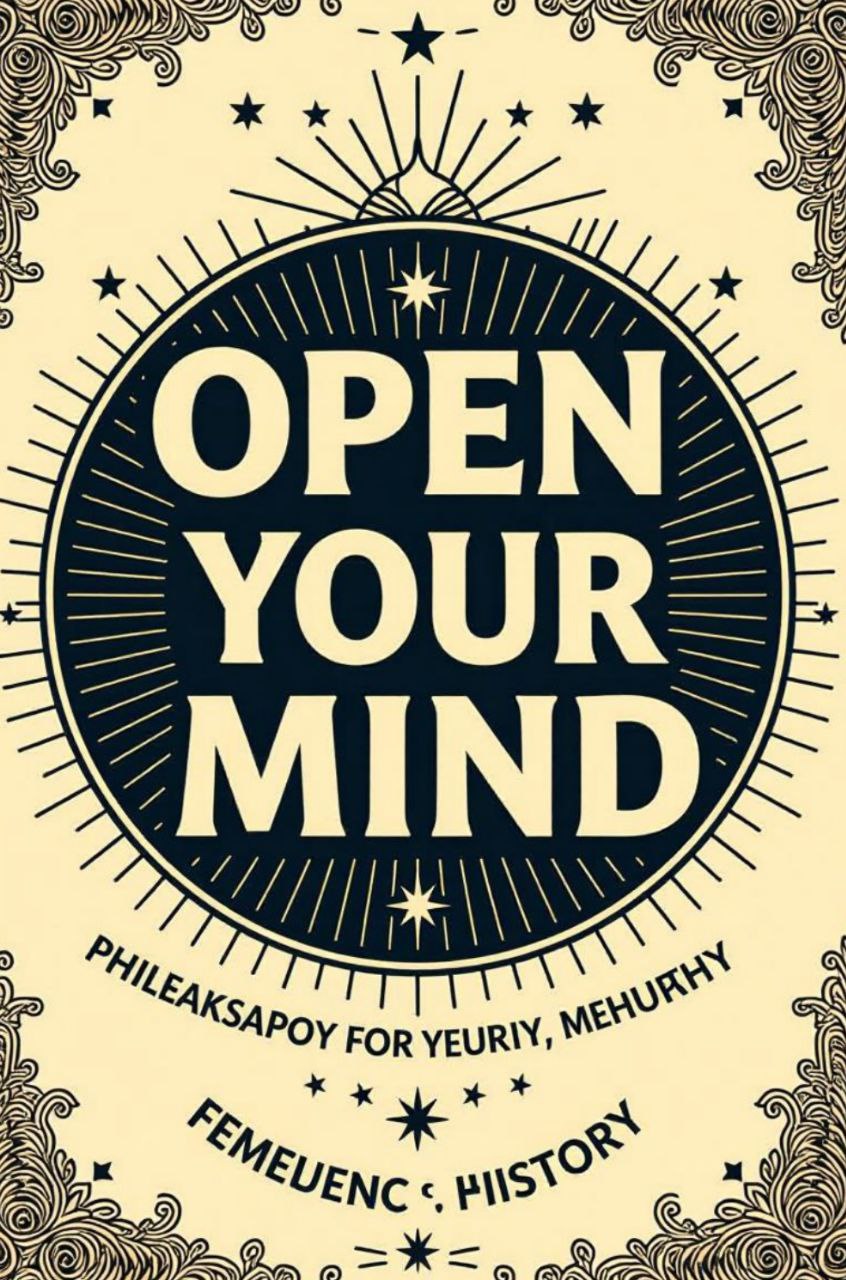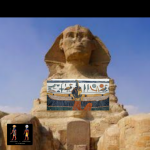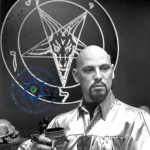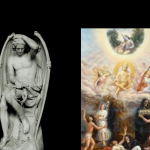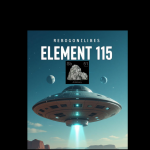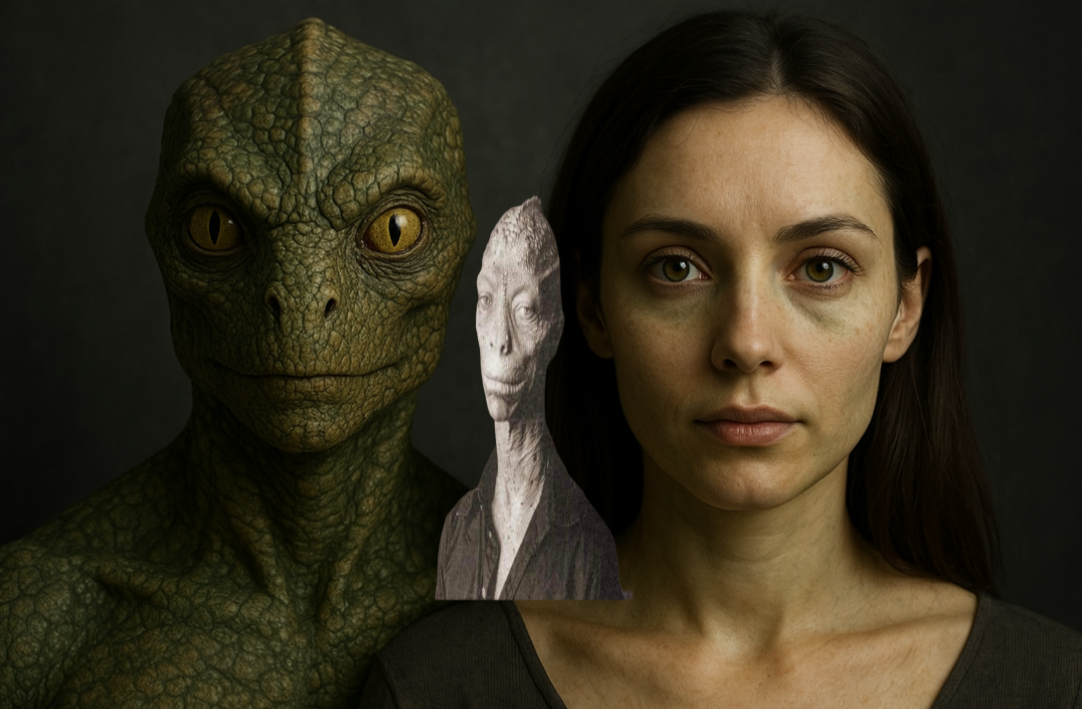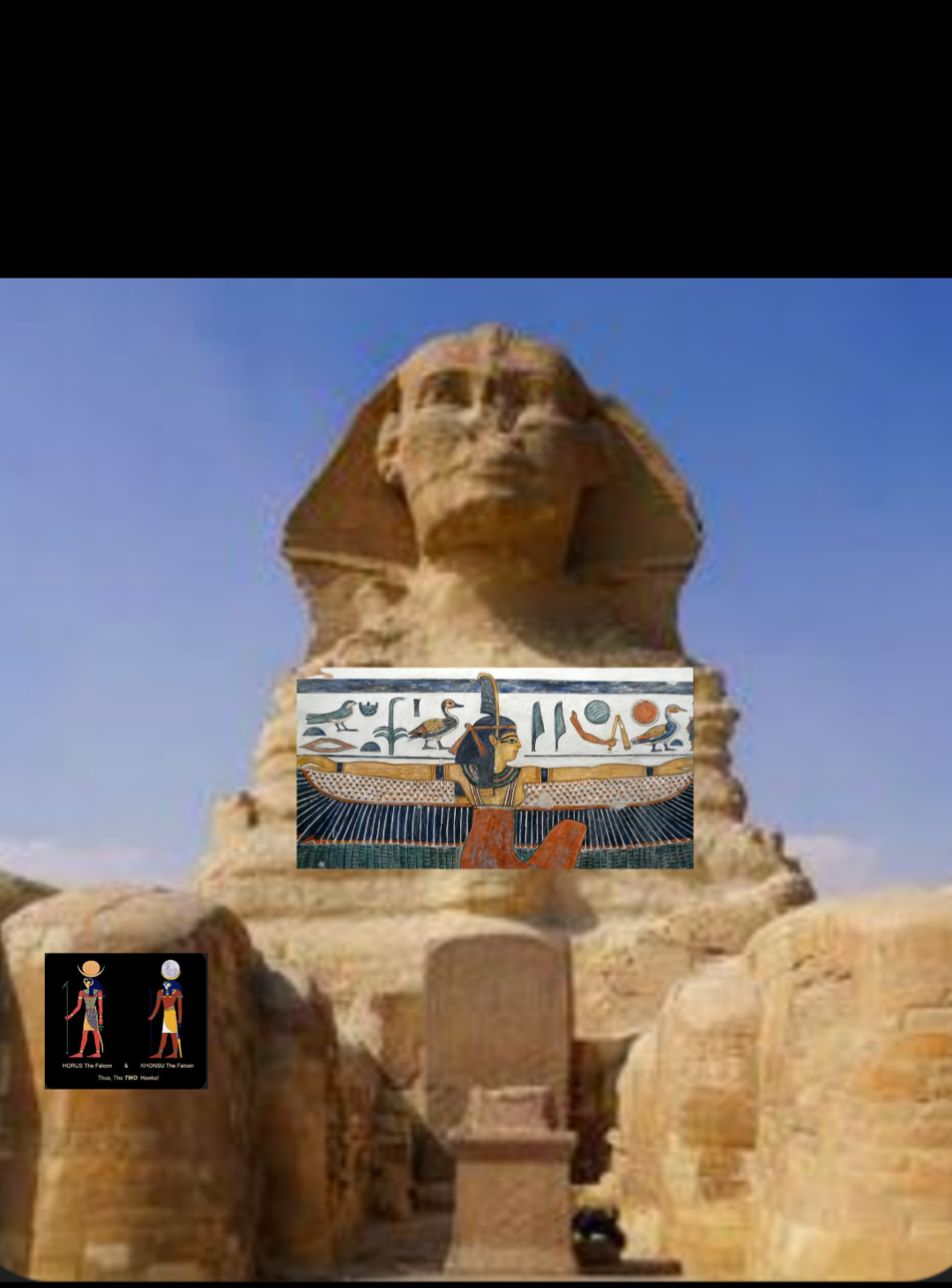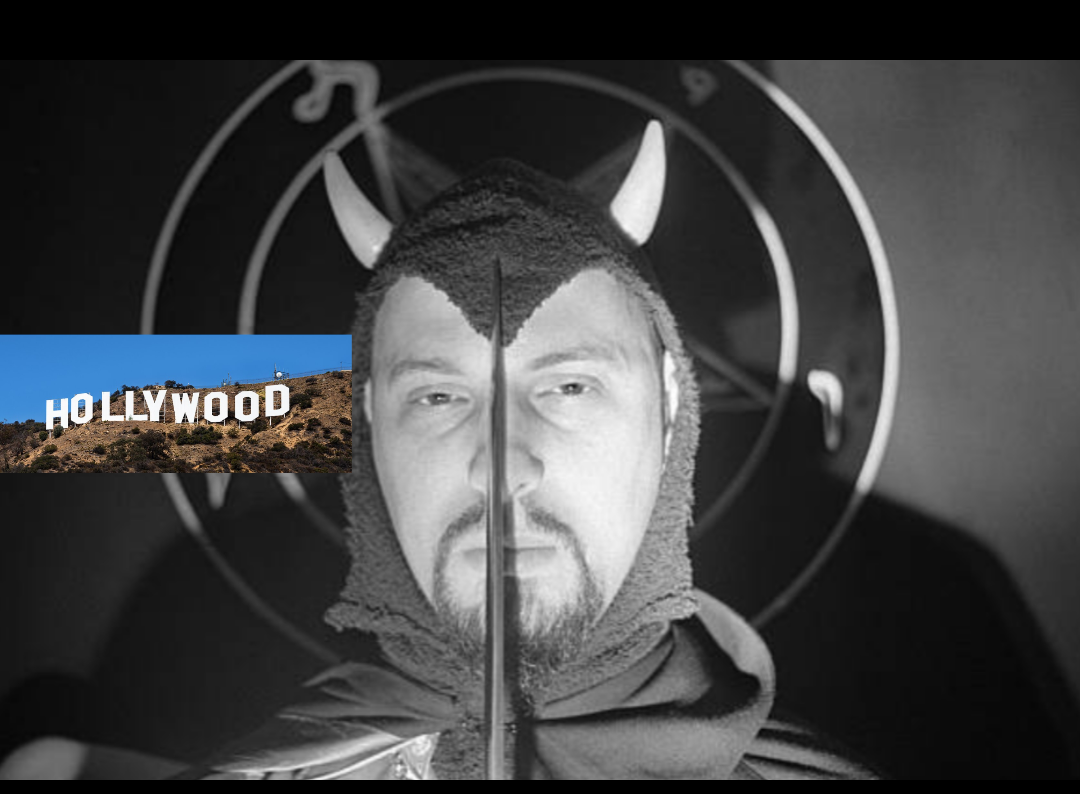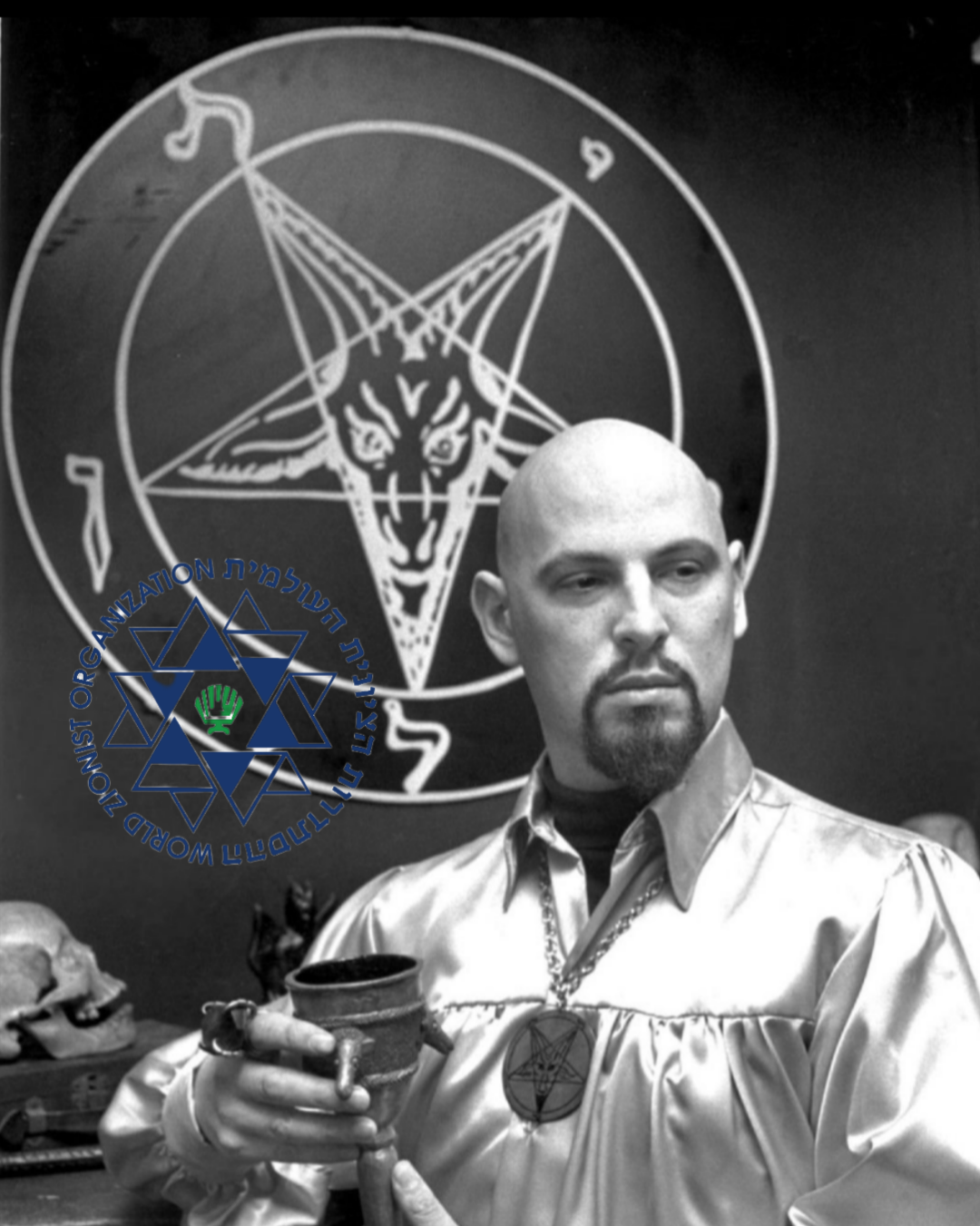Genesis and the Big Bang: Are They Really at War?
For generations, people have asked whether the opening words of Genesis—“In the beginning, God created the heavens and the earth”—fit with the modern idea that the universe began in a vast explosion we now call the Big Bang.
Some see the two accounts as enemies, others as companions. The truth, as always, is more layered.
What Genesis Actually Says About “the Beginning”
The book of Genesis opens with poetry and rhythm. The language is not a physics textbook—it’s a story about order, meaning, and purpose.
“The earth was formless and void, and darkness was over the deep.” Then light, life, and structure arrive in sequence.
The text emphasizes who is behind creation, not the mechanics of how matter unfolded.
This is important: Genesis isn’t trying to give a lecture on quantum physics. It’s setting the stage for relationship between Creator and creation.
What the Big Bang Theory Actually Claims
The Big Bang theory describes a universe that had a definite beginning around 13.8 billion years ago. From an incredibly dense, hot point, space itself expanded and continues to expand today.
Evidence for this comes from the cosmic background radiation, the movement of galaxies, and math that ties it all together.
It doesn’t tell us why the universe exists—only that it began, expanded, and evolved into what we see now.
Reading Genesis: Literal Days vs. Literary Framework
Here’s where debate heats up. Some Christians read the six “days” of Genesis as literal 24-hour periods. Others see them as symbolic stages—a literary framework for describing order and design.
Both approaches exist within Christian tradition. The ancient Hebrew text itself uses flexible wording: the word for “day” (yom) can mean a single day, or an age/season.
This leaves room for interpretation without abandoning faith.
Where Faith and Science Can Shake Hands
Rather than pitting one against the other, many believers see harmony in the fact that both Genesis and science point to a beginning. The universe is not eternal—it had a starting point. Genesis names the source as God. Physics names the event as the Big Bang.
It’s possible to hold both together: faith speaks to purpose, while science explains process. One asks “Who?” and “Why?”; the other asks “What?” and “How?”
Common Questions (Quick Answers)
Can a Christian accept the Big Bang?
Yes. Many theologians and scientists see no contradiction between belief in God and the Big Bang. In fact, the idea of a universe with a beginning was resisted by some scientists until evidence became undeniable—because it sounded too much like Genesis.
What about the age of the universe?
Some hold to a young-earth view, while others accept billions of years. The key is humility: scripture and science are often read together, and neither forces a believer to reject God.
Does the Big Bang disprove God?
No. The Big Bang explains what happened after the first instant. It cannot answer why there was something instead of nothing. That question still points beyond physics.
Final Thought
Genesis and the Big Bang don’t need to fight. One speaks in the language of faith and poetry, the other in the language of equations and evidence. When held together, they remind us that the universe has both structure and meaning, law and love.
Perhaps the real takeaway is not to fear science or scripture, but to let wonder deepen our search for truth.
Published by ( Anson Moore )
